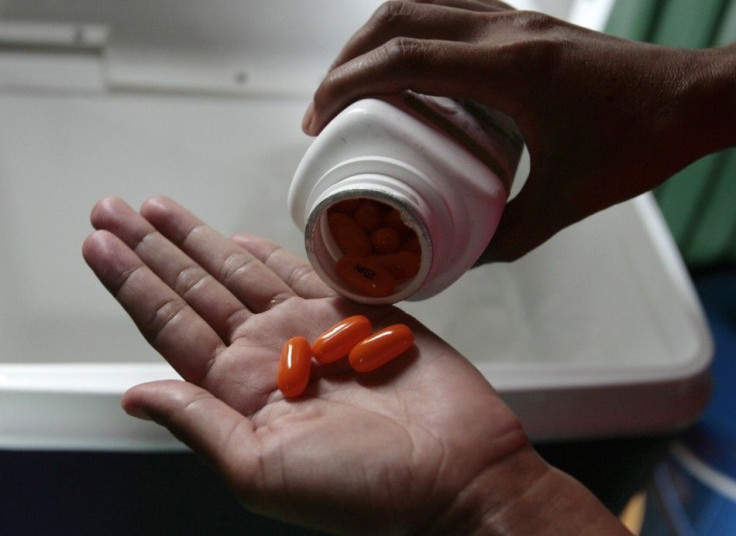Antibiotics Often Effective Alternative To Appendicitis Surgery: Study

Doctors have been using surgery to rid people of appendicitis for the past century. But researchers in Finland claim the condition can sometimes be treated just with antibiotics. The study involved nearly 530 appendicitis patients who were ready to let the researchers randomly decide their course of treatment.
The researchers found that three-quarters of patients who received antibiotics recovered easily. In addition, “no patients who had surgery after taking antibiotics were worse off for having waited,” the New York Times reported.
Dr. Edward H. Livingston, editor of the Journal of the American Medical Association (JAMA), believes that fewer people should go under the knife in cases of uncomplicated appendicitis because they can be treated insteadw with antibiotics.
The study findings have received mixed reviews from experts. Dr. Philip S. Barie, a surgeon at Weill Cornell Medical College, pointed out that antibiotics were not successful in treating more than one-fourth of the patients. This rate of failure, he said, is unacceptable in terms of seeking an appropriate alternative to surgery. He added that surgery is safe, simple and effective -- and takes care of the problem permanently.
However, Dr. Paulina Salminen, lead author of the study, stressed that antibiotics are most effective in uncomplicated cases of appendicitis. The research team excluded the complicated cases, including those of a perforated appendicitis, while conducting the trial.
Appendicitis affects nearly 300,000 Americans every year. While physicians and researchers believe some form of new treatment should be developed to reduce the numbers, the latest study findings seem promising. The Finnish research team plans to begin a clinical trial soon.
The complete study has been published in JAMA.
© Copyright IBTimes 2025. All rights reserved.



















